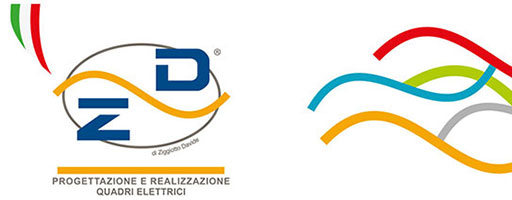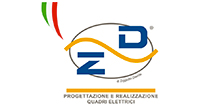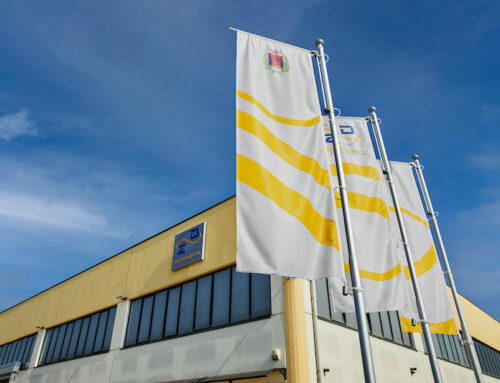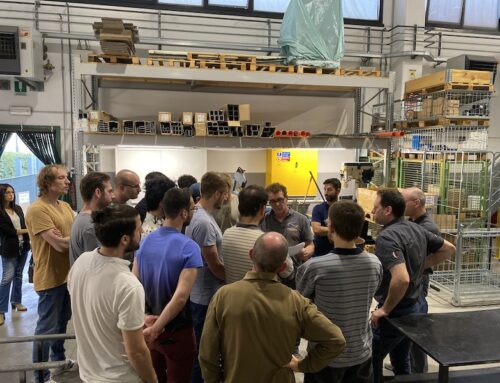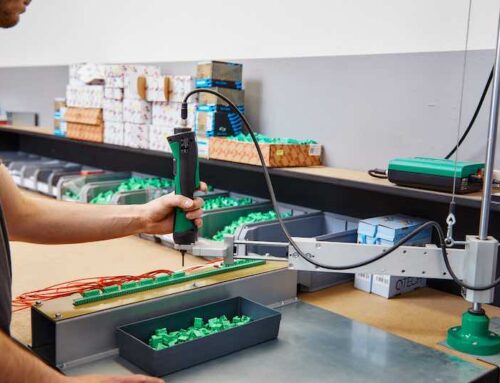The components of industrial electric panels are the different parts which, when they are joined together through the phases of assembly and wiring, give life to the project.
Knowing them, even in broad terms, helps to understand how an industrial electric panel is made and also to understand its functionality.
Fundamentally, in a panel we can identify: the enclosure, standardly called the casing (which supports and protects the components it contains) and then the electrical equipment.
The electrical components consist of the fixtures, the internal connections and the entrance and exit terminals for the connection to the system.
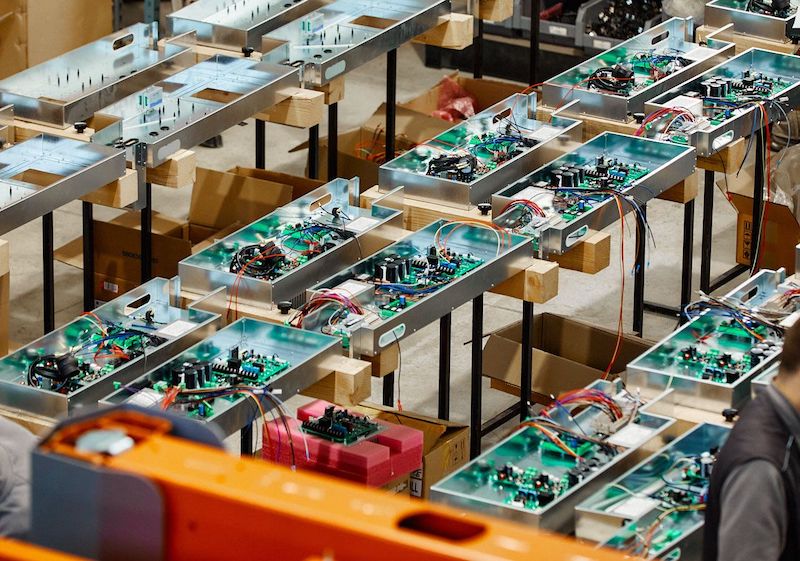
What is an industrial electric panel?
The industrial electric panel is the beating heart of every electrical system, because it provides power to plugs, switches and machines connected in the industrial premises (like for example in offices or houses in the case of civilian electric panels).
From the electric panel the electric current is distributed through the branch wires in the terminal blocks which make up the system itself.
We can generally divide the electric panels into:
- Distribution panels: these are modular panels, from which the lines are directed to secondary panels, to plugs and lighting. In these panels access to the components is possible.
- Automated panels: these are used inside productive machinery and are used to power motors. Access to their components is not provided for (except by spyholes and switches).
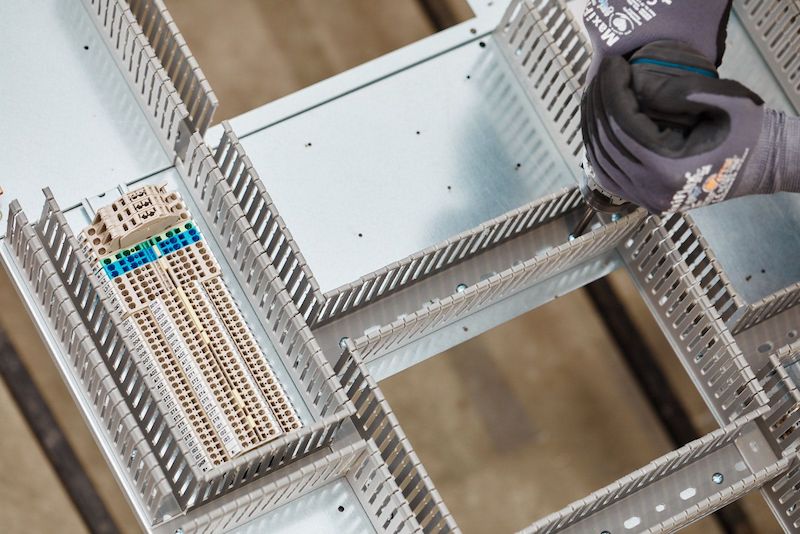
What are the components of industrial electric panels?
The components of electric panels can be divided into two types:
- Components from the active part
- Components from the metal part
These in turn, the active parts contain:
- The principal power circuits, which transport the energy and which, in turn, include the power supply units of the panel, the operating devices and the protection devices. Then there are the inputs, terminators of the power cables and the outputs for the external circulation to the automated panels, the clips and connectors for the connections.
- The auxiliary circuits: these are the devices of command, measure, control and indication.
The metal part regards essentially the support structure of industrial electric panels, which are usually made of steel, appropriately treated.
Naturally the heart of the industrial systems is in its components, but the metal part is also important, because it must ensure resistance to the weight of the equipment which is found inside, it must be accessible, guarantee the protection required by law and protect the people who have direct or indirect contact with the active parts.
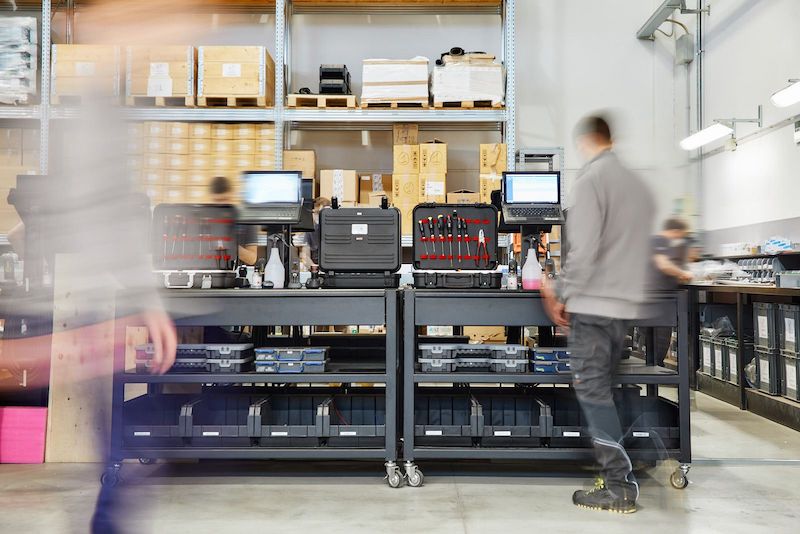
The regulations of industrial electric panels
As in all components of an electrical system, the panel must also answer to the relevant product Regulations.
The main regulation of industrial electric panels is CEI EN 61439. Other legislations in force are the Regulations CEI 23-51 and CEI EN 60204-1.
There are other regulations to consider, such as the Italian law 186/68 on the concept of ‘rules of art’ or ‘best practices’ which declares as such:
“All materials, equipment, machinery, electrical and electronic installations and systems must be made and built in compliance with accepted standards”
Further considerations are given to Dm 37/08 regarding regulations for the safety of systems, DL 81/08, on safety of places of work and law 791/77 concerning the responsibilities of the manufacturer.
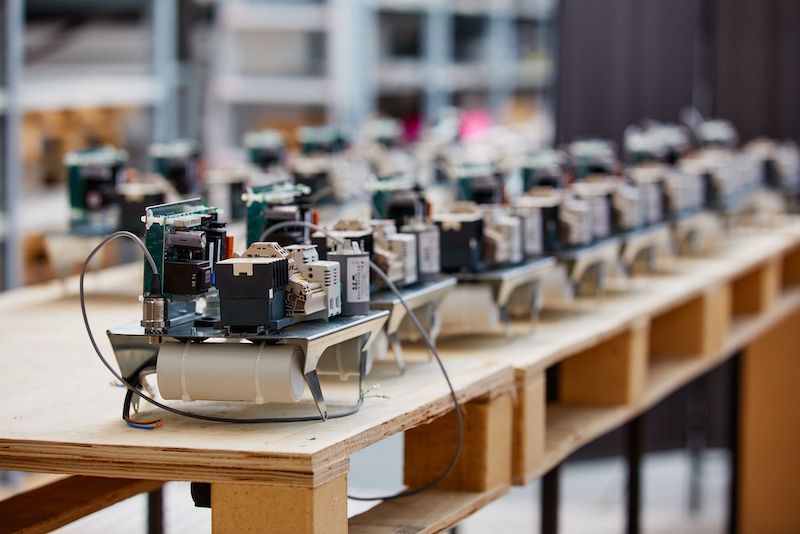
Materials and protection in industrial electric panels
Now that we have given an overview of the components of industrial electric panels and of the regulations regarding them, it is worth noting that the project must be planned to work at its best and to last for a long time.
This requires the choice and use of materials of high quality, which has always been our policy.
Quality also generates protection, so in the design, assembly and the wiring of industrial electric panels it is necessary to consider that maximum protection must be guaranteed to the people who are in direct and indirect contact with the electric panel.
Functionality, quality and safety are, in fact, the characteristics of industrial electric panels which we have always strived for and provided.
This is how our work can be at the service of our customers and can help them in the best way in their everyday work.
For any information please contact us here.
